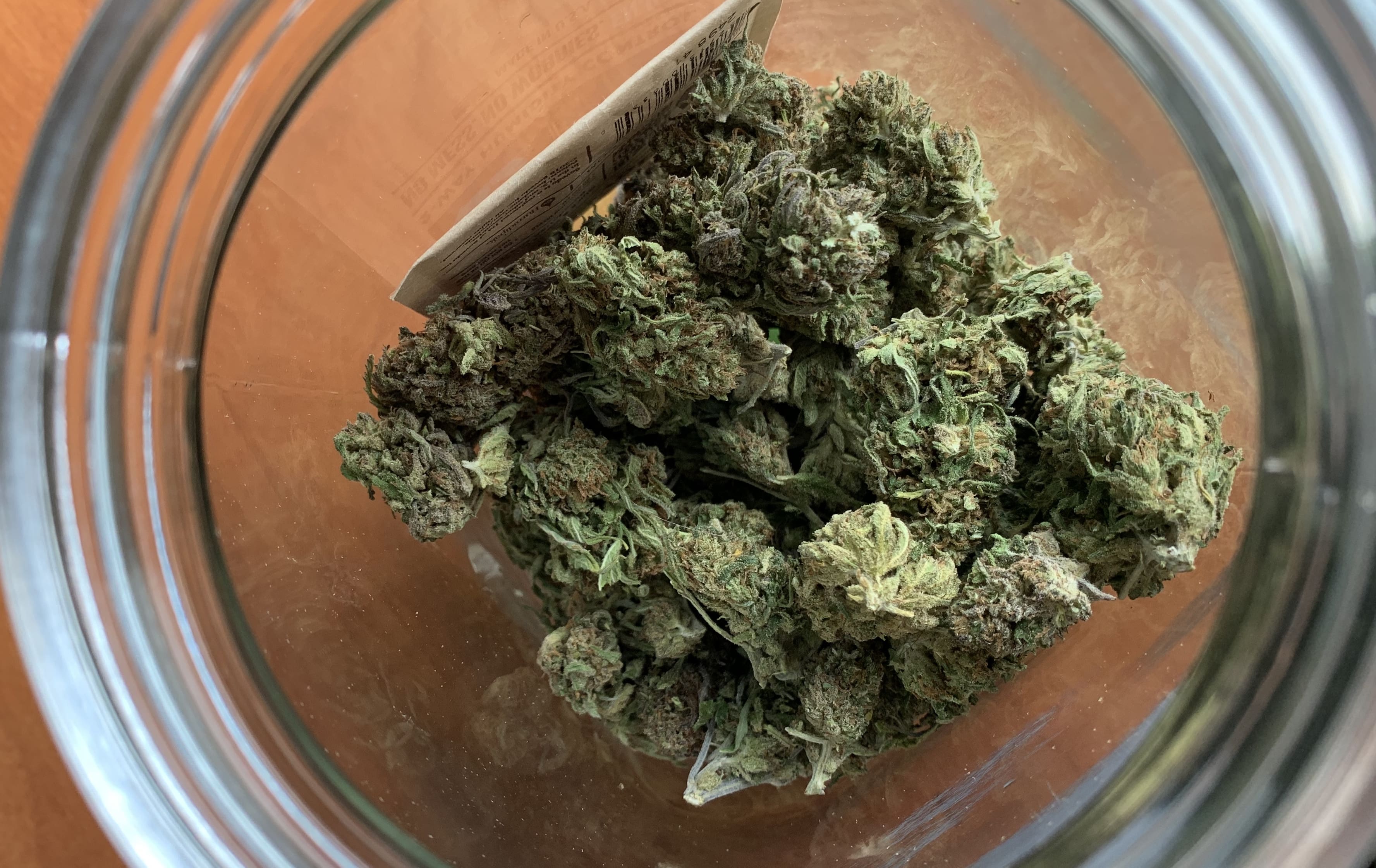
The novel legislation, which would also codify a policy prohibiting the Justice Department from interfering in state-legal cannabis activities, would let states that have legalized marijuana enter into affirmative agreements to engage in interstate transportation.
The sponsors’ home state of Oregon stands to benefit from the bill in particular, as Gov. Kate Brown (D) signed legislation last week that provides for exports and imports of cannabis products to neighboring states that have legal marijuana systems in place. That law is only actionable if the federal government allows for it, however, hence the new move on Capitol Hill.
Transporting cannabis across state lines is strictly prohibited under current federal law. The Justice Department described such activity as an enforcement priority even under a now-rescinded Obama-era memo intended to generally respect state marijuana policies.
“As more and more states legalize cannabis, the gap between state and federal laws will only grow more confusing for both legal businesses and consumers,” Wyden said in a press release.
“The solution is clear: the federal government needs to end its senseless and out of touch prohibition.”
“As we fight for that ultimate goal, however, Congress can and should immediately act to protect the will of Oregonians and voters in other states from federal interference—and that should include interstate cannabis commerce,” he said.
Though state medical cannabis programs are protected from federal interference under a congressional rider, those protections must be renewed each year. The new bill, titled the State Cannabis Commerce Act, would extend the protection to all state legalization programs by prohibiting the use of federal funds to prosecute any marijuana producer or consumer who is in compliance with state law, and it would be permanent.
Blumenauer’s amendment to protect cannabis programs in all states, U.S. territories and Washington, D.C., as well as a separate measure covering tribal marijuana programs, passed on the House floor last week, and the spending legislation it was attached to was approved on Tuesday. It’s not clear how the measures will fare in the Senate, however.
“The federal government is hopelessly out of touch with the American people on cannabis,” Blumenauer said.
“Last week, the House agreed and passed my amendments to forbid the federal government from interfering with cannabis programs in the states, D.C. and tribal communities,” he said. “This week, we are turning to a top priority for Oregonians—allowing for interstate sale of cannabis. It’s past time we protect the states, like Oregon, that have gotten it right.”
The new State Cannabis Commerce Act represents the latest significant piece of marijuana legislation that’s been introduced in the 116th Congress, which is increasingly seen as the most amenable to cannabis reform in history.
Justin Strekal, political director of NORML, told Marijuana Moment that allowing interstate commerce of cannabis “is good for both patients and consumers.”
“It will decrease the amount of time it takes for recently enacted medical programs to see products on the shelves and increase the variety of consumer options in both the adult-use and medical marketplaces,” he said. “In short, it’s the future, and Congress ought not to deny it.”
“We should end arrests today and enact interstate commercial regulatory and safety structures tomorrow,” he added.
States that wish to continue prohibiting marijuana commerce would be able to do so under the Wyden-Blumenauer legislation.

No comments:
Post a Comment